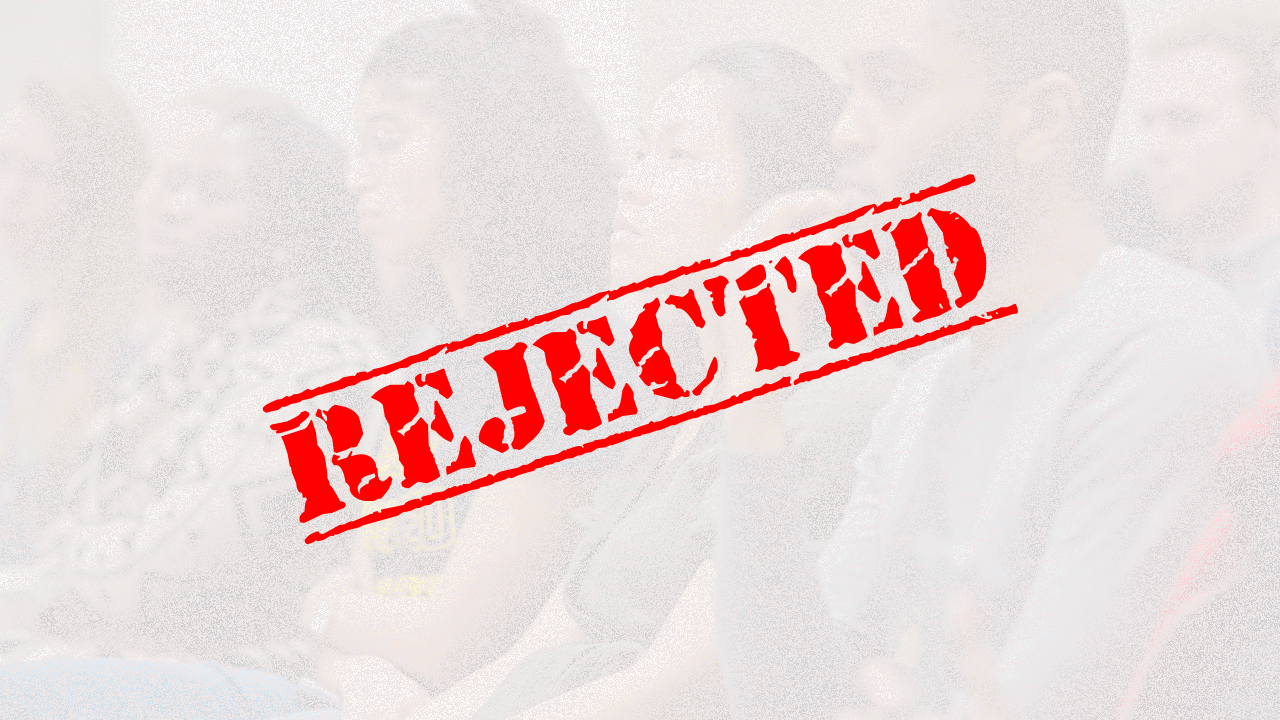Canada is witnessing a significant increase in visa refusals at its borders, a trend that is causing concern among international students and temporary foreign workers (TFWs). The uptick in denials is not only affecting individuals' plans but also sparking debates about the country's immigration policies and the management of the TFW program under Prime Minister Justin Trudeau's government.
A Stark Increase Compared to Previous Years
According to recent data from Immigration, Refugees and Citizenship Canada (IRCC), visa refusal rates have risen by approximately 20% compared to the same period last year. In 2022, the refusal rate for study permits hovered around 30%, but in the first half of 2024, it has escalated to nearly 50%. Similarly, work permit refusals have climbed from 18% to 35% over the past two years.
Educational institutions and employers are feeling the ripple effects of these increases. Universities report declining international enrollments, and industries reliant on foreign labor are experiencing workforce shortages.
Reasons Behind the Surge
Several factors contribute to the rising visa refusals. One significant reason is the implementation of stringent immigration policies by the government. To curb fraud and ensure applicants' genuine intentions, authorities have introduced stricter evaluation criteria. This includes rigorous assessments of financial stability and deeper scrutiny of applicants' ties to their home countries, making it more challenging for some to meet the requirements.
Backlogs and processing delays within Immigration, Refugees and Citizenship Canada (IRCC) also play a crucial role. The department is grappling with a high volume of applications, leading to rushed assessments and, consequently, higher refusal rates. These delays strain resources and can result in less thorough evaluations, adversely affecting applicants who might have been approved under normal circumstances.
Economic concerns further exacerbate the situation. With the national unemployment rate inching upward, there's increased scrutiny on foreign workers to protect domestic job markets. The government is more cautious about issuing visas, aiming to prioritize employment opportunities for Canadian citizens and permanent residents. This protective stance leads to a more conservative approach in approving work permits and study visas for international applicants.
Trudeau Government Under Fire
The Trudeau administration faces mounting criticism over its handling of the TFW program. Critics argue that lax oversight has allowed for the exploitation of foreign workers, damaging Canada's reputation as a welcoming destination.
Parliamentary opposition and labor organizations have called for comprehensive reforms. "The government's failure to regulate the TFW program adequately has led to widespread abuse," said opposition leader Maria Gonzalez. "We need immediate action to protect vulnerable workers and restore integrity to our immigration system."
Impact on International Students
The rise in visa refusals significantly impacts prospective international students. Canada's appeal as an education hub diminishes when students face uncertainty about their ability to enter the country.
"Students are reconsidering their options," noted Dr. Alan Thompson, President of the Canadian Association of Universities. "They contribute billions to our economy and enrich our campuses culturally and academically. Losing them is a setback."
Stories of Abuse Triggering TFW Program Scrutiny
Reports of exploitation have surfaced, shedding light on systemic issues within the TFW program. Several international students working part-time have reported being forced to work beyond the legally permitted hours without appropriate compensation, highlighting concerns over excessive work hours and underpayment. Additionally, TFWs in agriculture and hospitality sectors have shared harrowing stories of substandard living conditions, including cramped and unsafe housing provided by employers.
Misleading practices by some private colleges have also come to light. These institutions have been accused of partnering with employers who exploit students, prioritizing profits over education and well-being. One notable case involved a group of students from India who were promised quality education and work opportunities. Instead, they found themselves relegated to low-wage jobs unrelated to their fields of study, with colleges turning a blind eye to their plight.
Government Response
In light of these revelations, the Trudeau government has pledged to overhaul the TFW program. The administration plans to introduce stricter oversight of employers and educational institutions participating in the program to prevent exploitation and ensure compliance with Canadian laws. This includes more rigorous monitoring of employers, mandatory compliance reviews, and increased penalties for those who violate regulations.
The government is also establishing support systems to aid temporary foreign workers. Hotlines and support services will be set up to allow TFWs to report abuse without fear of retribution. These resources aim to provide workers with safe and accessible channels to voice concerns and seek assistance.
Policy reforms are underway to review and tighten existing regulations, focusing on preventing exploitation and ensuring fair treatment of foreign workers. Proposed changes include enhancing transparency in the recruitment process, improving work permit conditions, and strengthening protections for workers' rights.
Immigration officials stated, "We are committed to protecting the rights of those who come to Canada seeking opportunities. The abuses reported are unacceptable, and we will take all necessary steps to address them."
Looking Ahead
The increase in visa refusals and the controversy surrounding the TFW program present challenges for Canada’s international standing. Balancing economic needs with ethical responsibilities is crucial.
Experts suggest that transparent policies and consistent enforcement are key. "Canada must reaffirm its commitment to being a nation that values diversity and fair opportunity," said immigration analyst Sarah Patel. "This is not just about visas; it's about who we are as a country."
Conclusion
As the Trudeau government navigates criticism and calls for reform, the experiences of international students and TFWs remain at the forefront. Their stories highlight the need for systemic change to ensure that Canada remains a destination of choice for those seeking education and employment opportunities without the fear of exploitation or unwarranted refusal.

